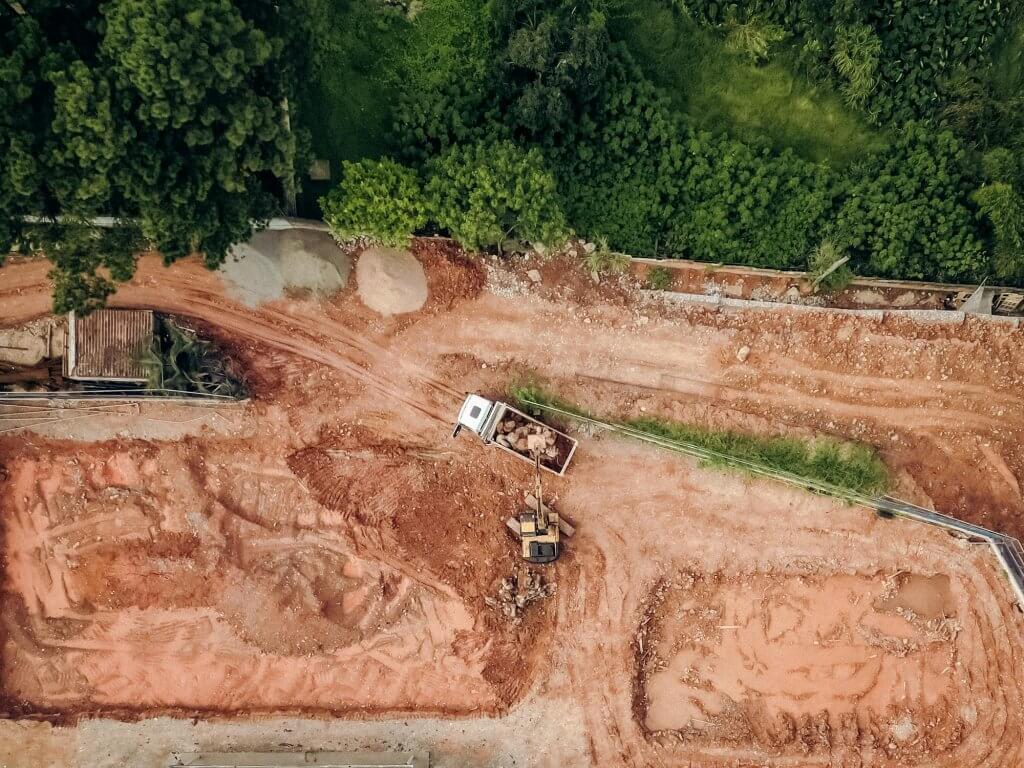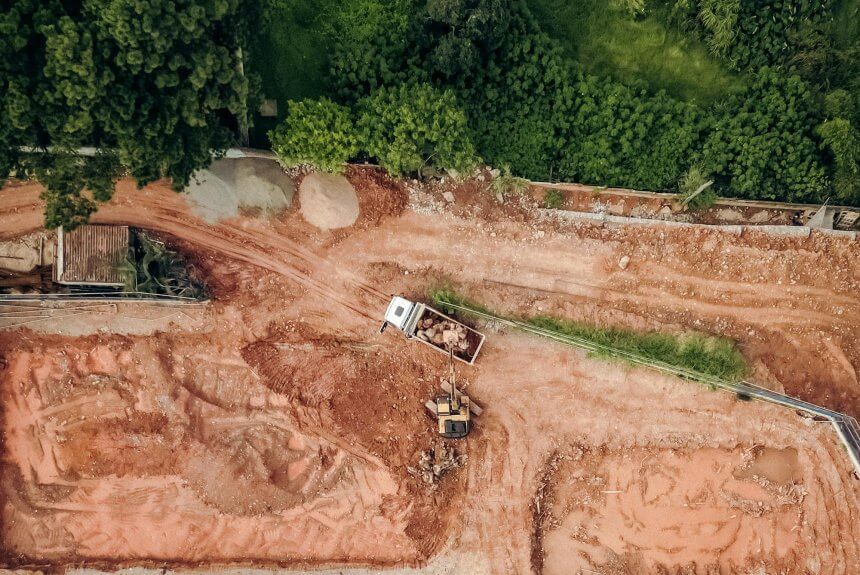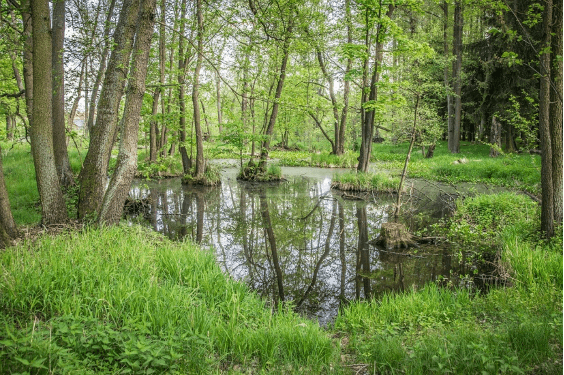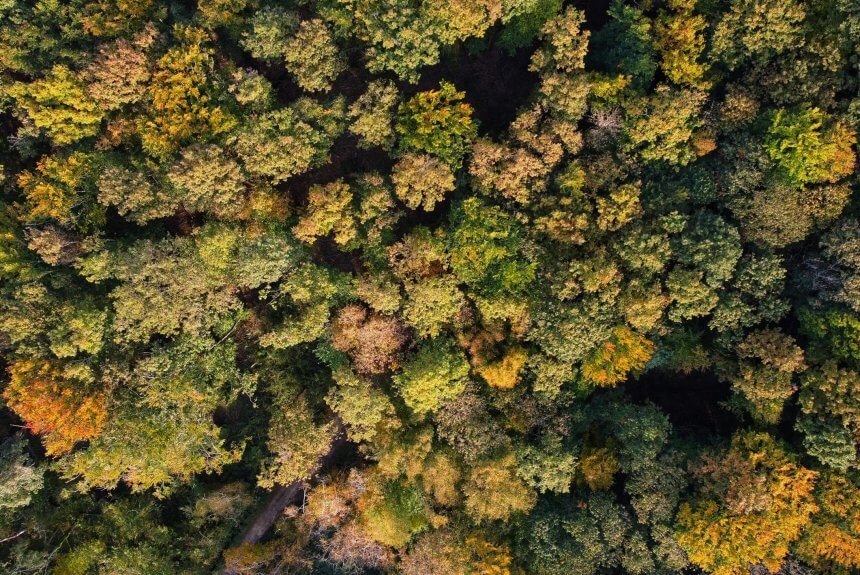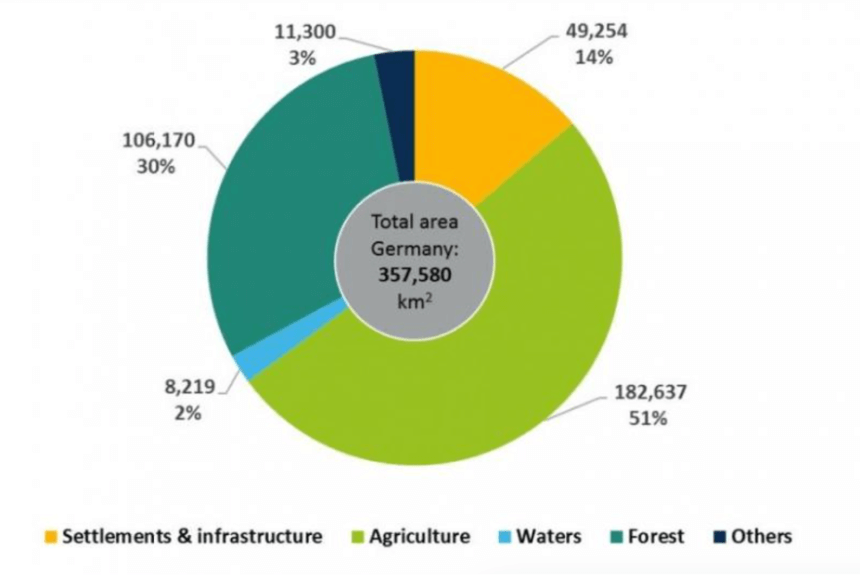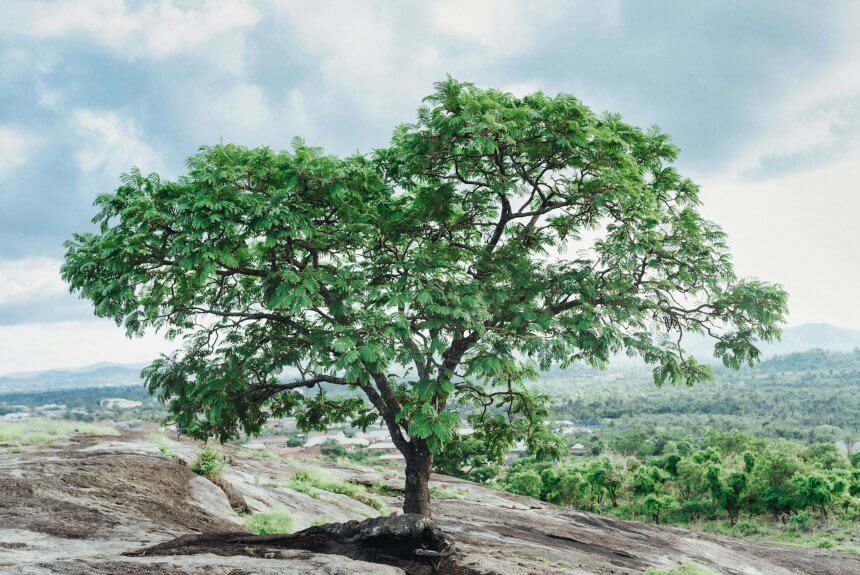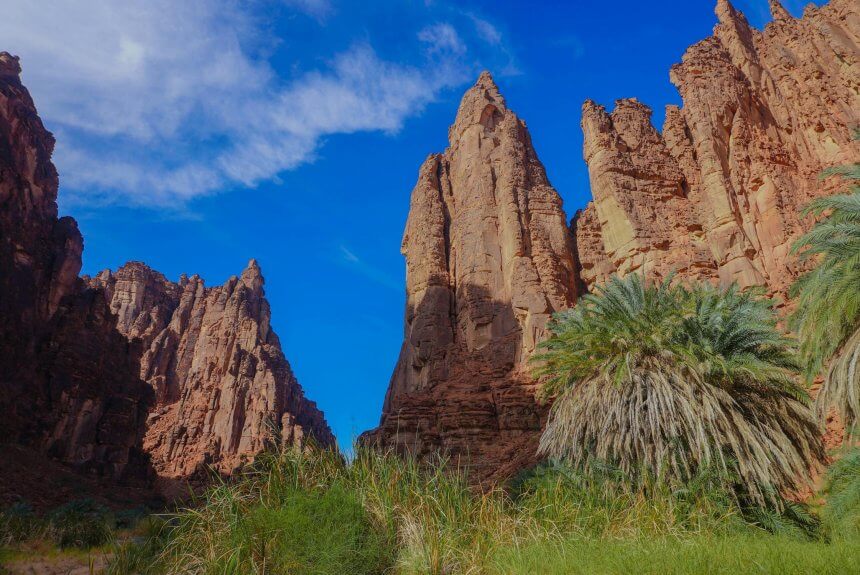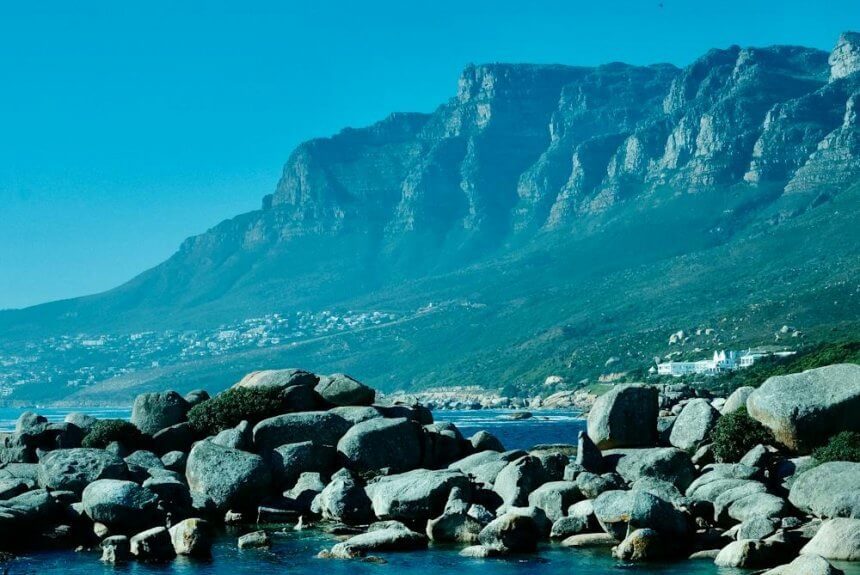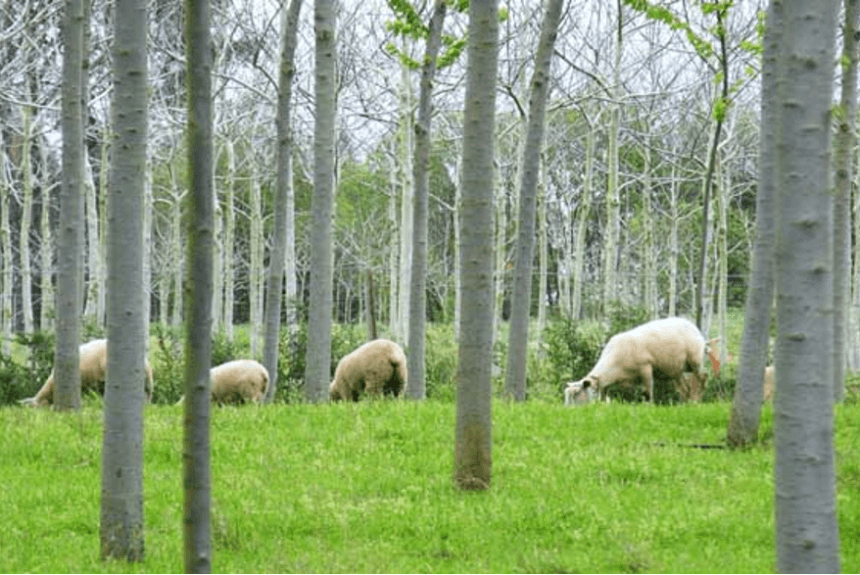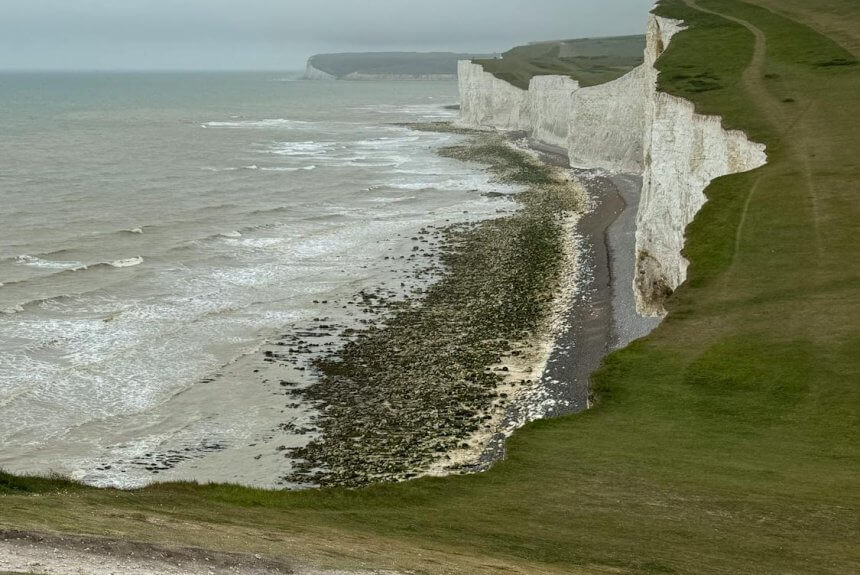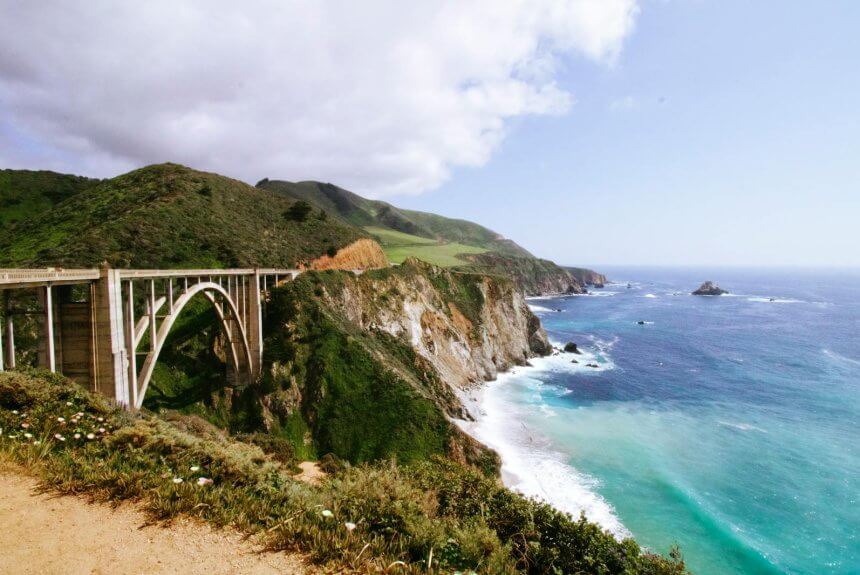THE CLIMATE SCORECARD MAGAZINE
A way to learn about efforts to fight climate change
in leading greenhouse gas emission countries
Issue #1 // May 2025
Nature-based Solutions in Leading Greenhouse Gas Emitting Countries
Climate Scorecard depends on donations from people like you
ABOUT CLIMATE SCORECARD MAGAZINE
Climate Scorecard Magazine is a monthly digital magazine intended to inform those interested in climate change about trends to reduce emissions in leading greenhouse emitting countries. Each month we will focus on a different topic related to climate change, e.g. fossil fuels, renewable energy; and provide our readers with information and analysis of policy and program trends within and across countries. We trust our magazine will help increase your knowledge and understanding and welcome your feedback. Please send any comments to: contact (at) climatescorecard.org.
Ron Israel
Publisher and Editor
Climate Scorecard Magazine
Introduction
Nature-based solutions (NbS) to climate change, sometimes called “natural climate solutions,” involve conserving, restoring, or better managing ecosystems to remove carbon dioxide (CO2) from the atmosphere. They include interventions such as forest conservation and reforestation, wetland and coastal restoration. regenerative agriculture, and the development of green urban infrastructure
In this Issue #1, Climate Scorecard Magazine describes and analyzes the use of nature-based solutions in leading greenhouse gas emitting countries. We seek to answer the questions: To what extent does each country make use of these solutions? In what ways? Do they make a significant impact on each country’s emissions? Is there data that tracks their impact? How do they compare with other approaches for reducing emissions?
TABLE A below highlights the use of nature-based solutions in each of the countries we follow. Full Country Reports follow along with summaries of the status of all 19 countries to reach targeted IPCC and Paris Agreement climate change goals.
| Country | Highlight |
| Australia |
|
| Brazil |
|
| Canada |
|
| China |
|
| European Union |
|
| France |
|
| Germany |
|
| India |
|
| Indonesia |
|
| Japan |
|
| Mexico |
|
| Nigeria |
|
| Saudi Arabia |
|
| South Africa |
|
| Spain |
|
| Turkey |
|
| United Kingdom |
|
| United States |
|
Country Reports
Nature-based Solutions (NbS) are Crucial in Australia’s Climate Strategy but Remain in Early Development
While nature-based solutions are gaining traction, continued investment, data tracking, and integration with other mitigation strategies will be essential to maximize their impact. Nature-based solutions (NbS) are crucial in Australia’s climate strategy but remain in early development. In 2022, the government launched a Nature Positive plan, committing to: Protecting 30% of Australia’s land and seas…
Despite the Progress in Developing NBS, Brazil Faces Challenges Such as Deforestation and Ecosystem Degradation
Nature-based solutions (NBS) have gained prominence as effective strategies to address climate change by promoting the conservation, restoration, and sustainable management of ecosystems. In Brazil, these solutions are especially relevant due to the country’s vast biodiversity and environmental challenges.Use of Nature-Based Solutions in Brazil Brazil has implemented several NBS, such as the restoration of degraded…
Natural Climate Solutions Could Reduce 10% of Canadian Emissions by 2030
Canada’s 2030 Emissions Reduction Plan includes natural climate solutions to protect, sustainably manage, and restore ecosystems to contribute to climate change mitigation and deliver societal co-benefits. Healthy ecosystems do everything from sequestering carbon to filtering toxic substances from the air, water, and soil, contributing to Canadians’ mental health, and helping reduce the costs of extreme…
Nature-Based Solutions in China: A Green Strategy to Combat Climate Change
NBS will remain a key component of its climate strategy—but they must be complemented by deeper systemic changes to achieve meaningful progress.As the world’s largest emitter of greenhouse gases, China faces mounting pressure to reduce its carbon footprint. While the country has invested heavily in renewable energy and technological innovations, it increasingly turns to nature-based…
The European Union has Increasingly Integrated Nature Based Solutions into its Climate Policies
Although NBS’s direct climate impact—generally measured at a few hundred Mt CO₂e sequestration annually—lags behind the drastic cuts achieved by renewable energy expansion and industrial decarbonization, they are indispensable for offsetting residual emissions and ensuring long-term climate resilience.Spanning multiple climatic and ecological zones, the EU is home to various ecosystems—from alpine and boreal forests to…
France has Implemented Several Large-Scale Initiatives, Including Reforestation Programs, Wetland Restoration, and Regenerative Agriculture
Overview Nature-based solutions (NBS) are crucial in France’s climate strategy. These solutions focus on conserving, restoring, and managing ecosystems to capture carbon and mitigate climate change. France has implemented several large-scale initiatives, including reforestation programs, wetland restoration, and regenerative agriculture.Key Nature-Based Solutions in France Forest Conservation and Reforestation: France has 17 million hectares of forests,…
Germany has Pledged Approximately $3.89 Billion Towards Nature-Based Solutions for Climate and Biodiversity Initiatives
On our path to net zero, nature-based solutions provide a chance to reduce and avoid many carbon emissions. By 2050, these solutions will save up to 10 gigatons of CO2 worldwide. Many of these initiatives are developed and implemented in countries from the Global South, such as the Congo, Brazil, or Indonesia, as these countries…
Nature-Based Solutions have the Potential to Meet One-Third of India’s Climate Mitigation Targets Needed to Meet the Goals Set Under the Paris Agreement
India has tremendous potential when it comes to nature-based solutions—it can provide sustainability, jobs, and growth. NBS are currently implemented in different schemes and programmes in India, including the Mahatma Gandhi National Rural Employment Scheme (MGNREGA) and missions, under the National Action Plan on Climate Change (NAPCC). For instance, almost 60 per cent of the activities allowed under…
Indonesia is Progressively Employing Nature-Based Solutions (NBS) to Address Climate Change
Indonesia is progressively employing nature-based solutions (NBS) to address climate change, leveraging its extensive natural ecosystems, including tropical forests, peatlands, and mangroves. These efforts focus on conserving, restoring, and managing these ecosystems to enhance carbon sequestration and reduce greenhouse gas emissions. The country’s commitment to NBS is evident in its enhanced Nationally Determined Contribution (NDC),…
Japan’s NBS Contributions Could Elevate to 15% of Emission Reductions by 2042
Implementing its National Biodiversity Strategy and Action Plan (NBSAP) and “30by30” conservation targets could elevate Japan’s NBS contributions to 15% of emission reductions by 2042.Japan is leveraging its rich natural capital to combat climate change through nature-based solutions (NBS), integrating ecosystem conservation, restoration, and sustainable management into its decarbonization strategy. While technological innovation remains central…
Integrating Mexico’s NbS into National Climate Policies and Long-Term Strategies Ensures these Solutions Remain a Priority in Addressing Climate Change
As climate change becomes an increasingly urgent challenge, nature-based solutions (NBS) are proving to be a valuable strategy to address it. These solutions, which include restoring ecosystems, enhancing biodiversity, and naturally capturing carbon emissions, hold tremendous promise for countries like Mexico. With its vast ecological diversity, Mexico is uniquely positioned to leverage NBS to combat…
NBS Must be Formally Integrated into Nigeria’s National Policies
NBS must be formally integrated into Nigeria’s national policies, including the National Climate Change Action Plan, to ensure they receive the political and budgetary priority they deserve Nigeria stands at a crossroads in its battle against climate change. As Africa’s most populous nation and largest economy, it faces escalating environmental crises—rampant deforestation, expanding desertification,…
Saudi Arabia’s NBS Goals are to Turn 30% Land into Nature Reserves, Plant 10 Billion Trees, and Restore 40 Million Hectares of Degraded Land
Saudi Arabia adopted nature-based solutions (NBS) as part of its Saudi Green Initiative, launched in 2021, to restore degraded lands, combat desertification, and reduce carbon emissions. NBS includes reforestation, mangrove restoration, and ecosystem protection. The goal is to turn 30 percent of Saudi Arabia’s land into nature reserves, plant 10 billion trees, and restore 40…
According to the Department of Forestry, Fisheries and Environment, the NBS in South Africa has the Potential to Sequester About 10-30 Million Tons of CO2 Equivalent Emissions Annually
Nature-based solutions (NBS) are activities that harness nature’s power to address climate change’s impacts on human well-being. NBS include natural climate solutions, ecosystem-based adaptation, and eco-disaster risk reduction (Preethan and Gupta, 2020). NBS involve conserving, restoring, or sustaining natural ecosystems such as forests, wetlands, and rivers to provide environmental, social, and economic benefits. NBS are…
A Digital Observatory Called the Nature-Based Solutions Observatory has Been Launched to Facilitate Knowledge Exchange Among Professionals and Entities that Support Nature-Based Solutions in Spain
The term “nature-based solutions” (NBS) is very recent, emerging in the 2010s, and is continually evolving as it includes conserving, restoring, or better managing ecosystems. In 2014-2015, the European network BiodivERsA35 mobilized numerous scientists, research funders, and stakeholders, proposing a typology that characterizes NBS along two gradients: The extent to which biodiversity and ecosystem engineering…
Implementing NBS in Turkey, Particularly in Urban Areas, Requires Significant Financial Investment, Mobilizing Both Domestic and International Funding
Türkiye’s long-term climate strategy emphasizes a multifaceted approach to emission reduction, combining Nature-based Solutions (NBS) with technological and policy interventions. The strategy primarily includes increasing renewable energy capacity and enhancing energy efficiency. NBS complements these efforts by providing cost-effective and sustainable methods for carbon sequestration and ecosystem resilience. Although urban areas in Türkiye are not…
While NBS Alone Cannot Achieve Net-Zero Emissions in the UK, They are Essential Complements to Technological and Regulatory Measures
Nature-based solutions (NBS) to climate change, also referred to as natural climate solutions, focus on conserving, restoring, and improving the management of ecosystems to enhance carbon sequestration. These approaches provide a crucial means to mitigate climate change while fostering biodiversity and ecosystem resilience. The United Kingdom has embraced NBS as part of its broader climate…
Multiple Initiatives in US cities Aim to Address Climate Change and Extreme Weather Events Through the Use of Nature-Based Solutions
Across the United States, local and statewide governments have taken the initiative to fund and develop nature-based solutions to climate change. Nature-based solutions focus on informed management of healthy ecosystems that are resilient and mitigate the effects of climate change. Some examples of nature-based solutions include using renewable energy, ecotourism, and tree growth in urban…
Climate Commitments
Tracking the short and long-term climate goals of leading greenhouse emissions countries
Read More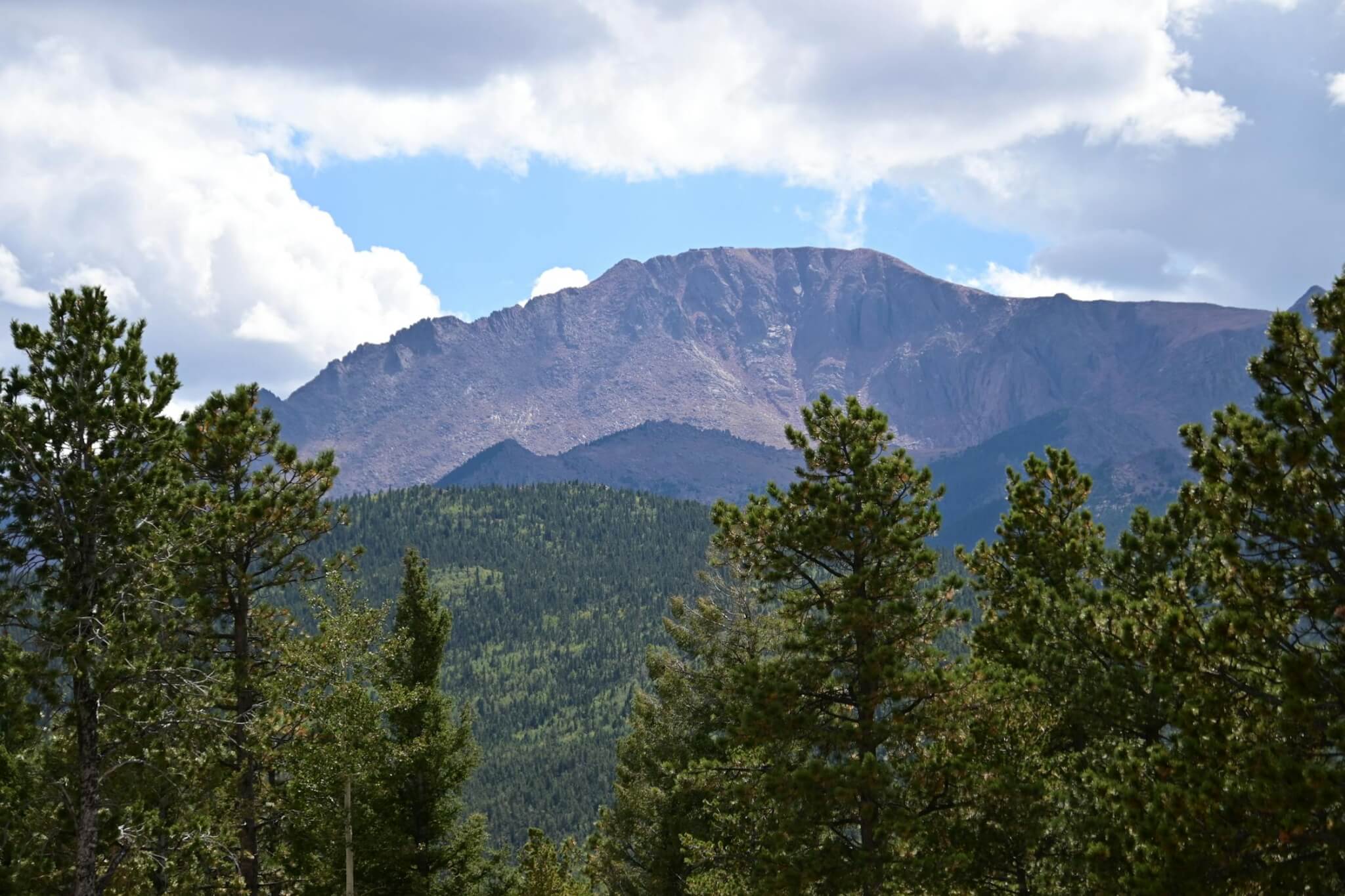

NDC Tracking Sources
View the sources we use to track progress of countries’ committments.
Read More


